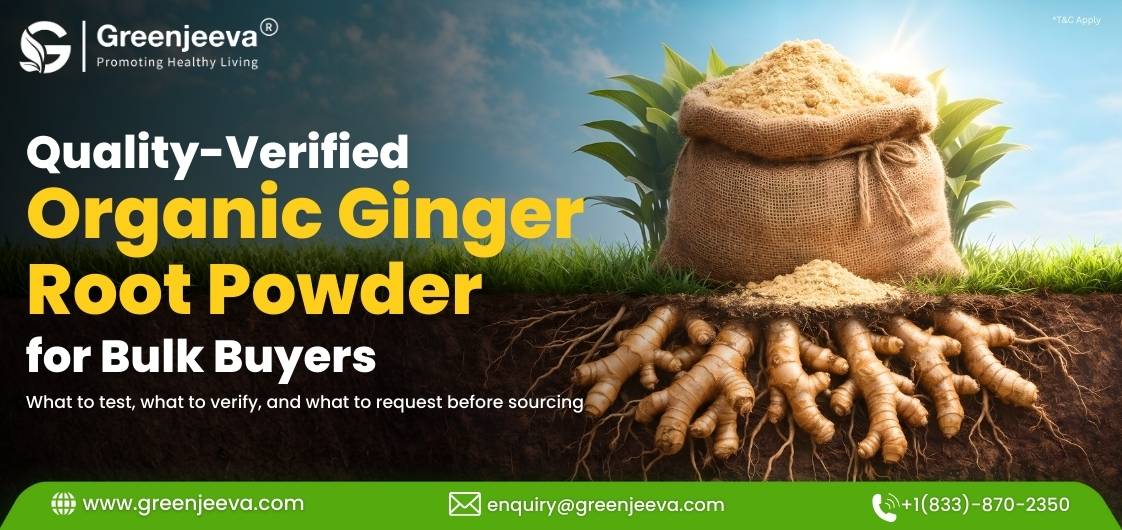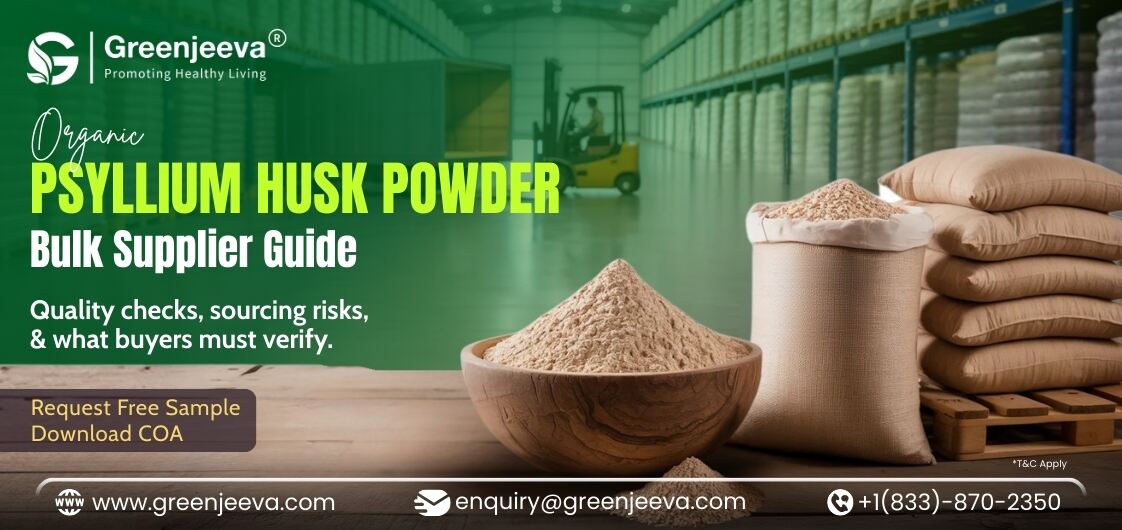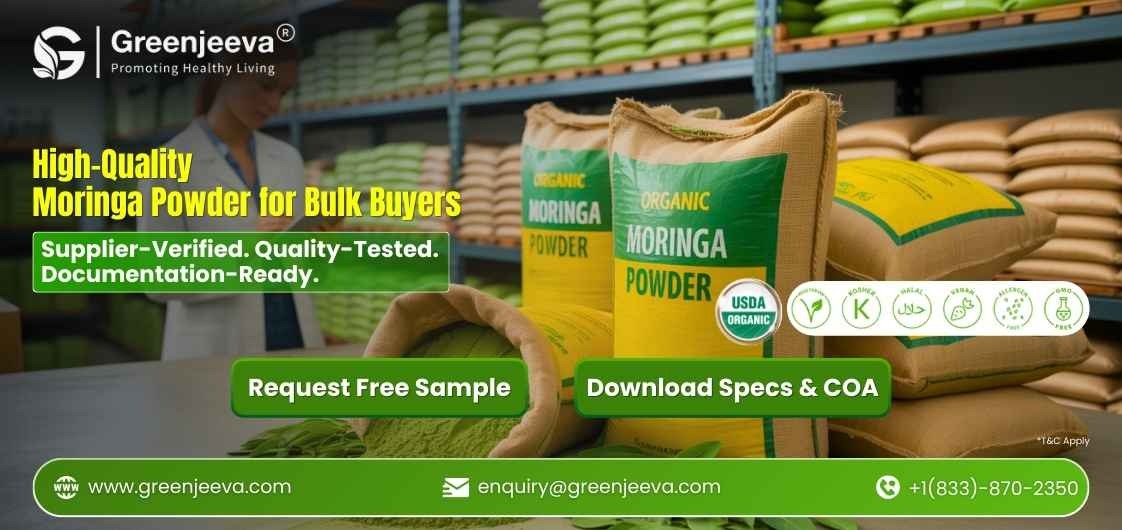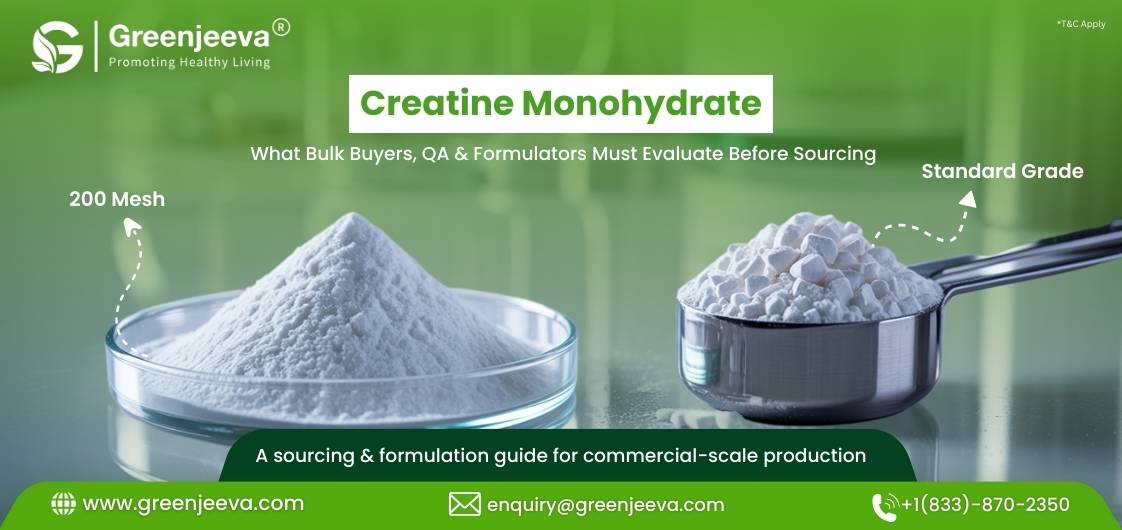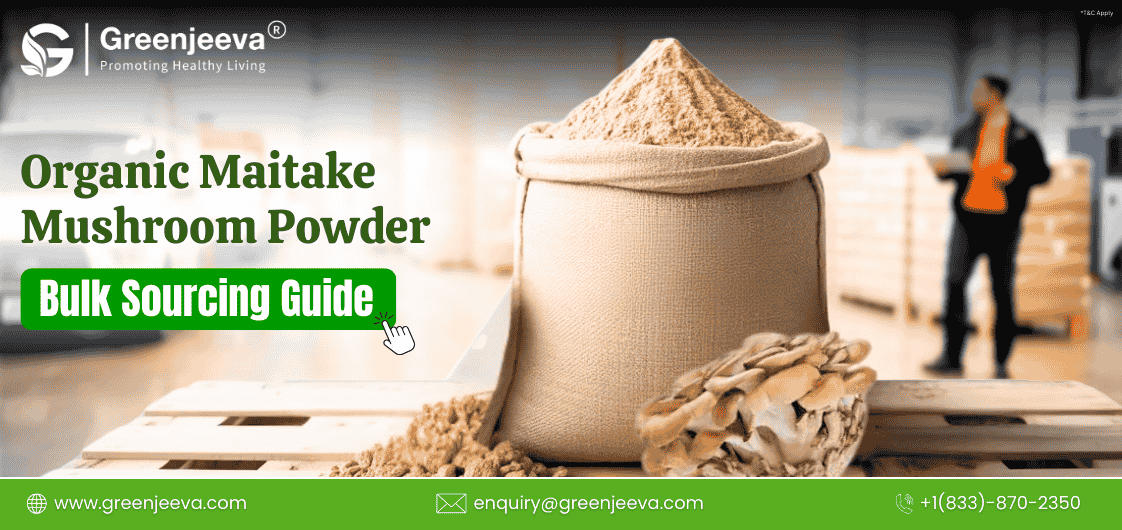Why High-CFU Bacillus coagulans Is Becoming a Formulator’s First Choice for Functional Blends

You’ve seen it. Probiotic labels boasting sky-high CFU counts. Formulators hunting for shelf-stable solutions that don’t crumble under heat, time, or processing. And consumers? They’re growing savvier by the day, demanding functionality without fuss. The industry is shifting—not just toward probiotics, but toward smarter, more robust strains that can handle the heat (literally).
Enter Bacillus coagulans, particularly in its high-CFU formats like 150B–200B CFU/g. This isn’t just a trend. It’s a response to real-world challenges in formulation: instability, short shelf life, and restricted delivery formats. High-CFU Bacillus coagulansdoesn’t just survive in these conditions—it thrives, giving product developers a rare combination of potency and flexibility.
So, why is this strain stealing the spotlight in formulation labs and procurement meetings across the globe? Because it checks all the right boxes: resilient structure, heat tolerance, wide application scope, and a high return on viability. This blog breaks down the science, the practicality, and the strategic edge that high-CFU Bacillus coagulans delivers to today’s most innovative functional blends.
I. Understanding CFU: Why High Counts Matter
CFU, or Colony Forming Units, is the standard for quantifying viableprobiotic cells. In the functional ingredient sector, it determines both regulatory compliance and marketability. A concentration of 150B–200B CFU/g offers greater flexibility for formulators, especially where processing stress or long shelf life poses viability challenges.
This potency allows for accurate dosing in formats like stick packs, capsules, and beverages. As reported in studies such as Majeed et al. (2016), Bacillus coagulans spores demonstrated exceptional viability, retaining stability above 90% over extended storage periods at room temperature. This level of consistency is a significant advantage compared to traditional, non-spore-forming strains like Lactobacillus acidophilus, which often require cold-chain support.
Additionally, the FDA has acknowledged Bacillus coagulans strains (e.g., GBI-30, 6086 and MTCC 5856) as GRAS (Generally Recognized As Safe) under multiple notices (e.g., GRN 399, 453), reinforcing its regulatory standing.
Moreover, high-CFU ingredients reduce the need for overages during formulation. This translates to more precise label claim adherence, fewer raw material inputs, and ultimately, cost efficiency. From a B2B procurement perspective, it's about more than potency—it's about maximizing value, controlling batch variability, and extending product performance across diverse supply chains.
II. The Science Behind Bacillus coagulans’ Formulation Power
The unique ability of Bacillus coagulans to form protective spores sets it apart in formulation science. Unlike vegetative probiotics, spores can endure elevated temperatures, moisture, and varying pH without degradation. This resilience stems from their dormant state, which reactivates only under favorable conditions like those found in the human gastrointestinal tract.
According to a review published in the Journal of Applied Microbiology (Hong et al., 2005), Bacillus species' spores show superior survival during industrial-scale processes, such as pasteurization or spray-drying. This allows manufacturers to explore novel delivery methods like baked snacks, powdered drink mixes, and gummies without compromising on microbial viability.
In comparison, non-spore-forming frequently necessitate microencapsulation or specialized packaging. Bacillus coagulans, by contrast, thrives in dry formulations and ready-to-drink beverages with minimal formulation adjustments, offering broader applications across product categories.
Importantly, studies highlight that Bacillus coagulans can withstand processing temperatures of 90–100°C depending on the matrix and retention time. This threshold enables broader use in ambient-processed products where traditional strains would degrade, opening space for creative delivery systems like granola clusters, oatmeal blends, and even nutrition bars.
III. Key Benefits for Formulators Working with High-CFU Bacillus coagulans
High-CFU Bacillus coagulans offers measurable advantages throughout the formulation lifecycle.
Extended Shelf Stability: According to supplier data aligned with GRAS submissions, Bacillus coagulans can maintain high viability for up to two years under ambient conditions. This long shelf life reduces reformulation cycles and product loss.
Heat and Pressure Tolerance: Its spores endure high temperatures, making it suitable for thermal processing methods. This opens doors for innovations in shelf-stable nutrition formats.
Synergistic Compatibility: Bacillus coagulans pairs well with fibers like inulin, fructooligosaccharides (FOS), and resistant starch, which are commonly used in digestive and synbiotic formulations.
Label-Friendly Profile: Non-GMO, allergen-free, vegan, and kosher versions are widely available, meeting multiple global compliance requirements.
Commercial Scalability: High-CFU powders reduce packaging requirements per unit dose and improve production efficiency for large-scale batches.
These features allow R&D teams to simplify development while meeting rising consumer and regulatory expectations. For marketing teams, the clean-label narrative backed by scientific and regulatory credentials creates a differentiated value story.
IV. High-CFU Applications in Functional Blends
Bacillus coagulans’ versatility and high CFU count support innovation across multiple categories:
1. Digestive Health Powders: Spore stability allows seamless inclusion in powdered sachets, stick packs, and instant beverage blends.
2. Functional Beverages: As documented by multiple ingredient vendors, Bacillus coagulans survives light pasteurization and remainsviable in acidic conditions, enabling use in shelf-stable RTDs, smoothies, and kombuchas.
3. Gummies and Chews: Its heat resistance ensures survival through gelatin cooking phases, supporting the growing demand for chewable probiotic delivery systems.
4. Synbiotic and Wellness Blends: Bacillus coagulans is widely used in meal replacements, granola bars, and plant-based health shakes in combination with fiber or botanical actives.
5. Ready-to-Bake Applications: Given its survival through higher temperature processing, this strain is increasingly being explored in baked goods such as fortified cookies or protein muffins.
Each application benefits from the strain's spore-based durability and long-term viability, especially in supply chains that operate outside of cold storage. Formulators gain confidence in delivering consistent CFU counts across varied consumption formats.
V. Considerations for Bulk Buyers and Product Developers
When sourcing Bacillus coagulans at high CFU levels, buyers should consider several technical parameters:
1. Standardized CFU Declaration: Look for documentation showing validated CFU/g through standard plating or flow cytometry. GRAS strains often include such data in their dossiers.
2. Carrier System: Check whether the product uses excipients like maltodextrin or starch and ensure compatibility with your target blend.
3. Third-Party Certification: Prefer suppliers offering documentation for GRAS, non-GMO Project Verification, ISO 22000, Halal, Kosher, and FSSAI (India) or EFSA (EU) compliance.
4. Documentation & Traceability: A complete COA, MSDS, and traceable batch documentation are essential for global commercial readiness. Reputable suppliers also include stability and residual moisture data on spec sheets.
5. Formulation Support: Choose vendors that can provide technical guidance for pH compatibility, application trials, and regulatory documentation tailored to your geographic markets.
By adhering to these criteria, procurement and QA teams can ensure consistent quality, reduce risk, and streamline regulatory submissions. In high-volume production, this level of reliability directly influences brand integrity and long-term market success.
VI. Closing Thoughts: Future-Proofing Formulations with Bacillus coagulans
In an increasingly competitive market, high-CFU Bacillus coagulans offers both technical and commercial advantages that go beyond viability. Its spore-forming nature allows it to travel across formats, withstand diverse environments, and meet global compliance standards.
Backed by GRAS status, peer-reviewed evidence, and a clean-label reputation, it provides R&D and sourcing teams with an ingredient that delivers long-term value. Whether you’re reformulating a legacy SKU or launching a next-gen functional blend, high-CFU Bacillus coagulans offers the reliability and flexibility needed to future-proof your pipeline.
It’s not just about surviving the shelf—it’s about thriving through formulation, distribution, and end-user satisfaction. And as probiotic demand grows across wellness, performance, and specialty nutrition categories, Bacillus coagulans continues to earn its place at the top of every formulator’s short list.
Innovation may start in the lab, but longevity is built into the ingredient—and few do it better than this resilient spore-forming powerhouse.


